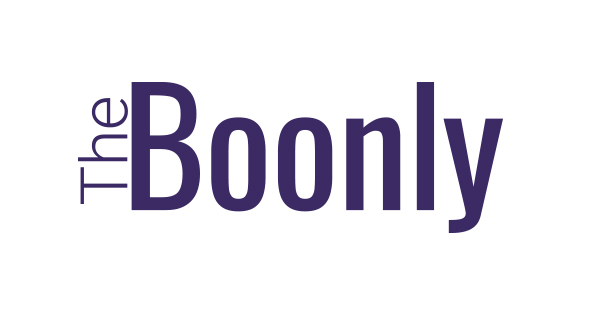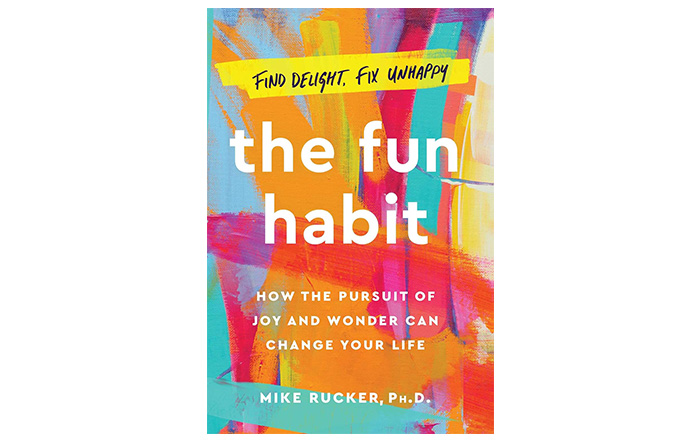Where to find this idea:
The Fun Habit: How the Pursuit of Joy and Wonder Can Change Your Life by Mike Rucker PhD
We want happiness. We pursue it, we conquer it, we chase it.
But striving for happiness might backfire. Too often, we’re using our energy to become happier instead of using it to enjoy what life has to offer now. It feels like we are constantly trying our best to bridge the gap between our current reality and what happiness is supposed to be like. Ironically, all that work to become happier can actually make us feel worse.
And even if we get what we thought would make us happy, that happiness doesn’t stick around for long. Happiness feels temporary due to humans being damn good at adapting and our tendency to measure our happiness relative to others. Take this example from Mike Rucker’s book, The Fun Habit: it says that people would be happier to have a 4-week vacay if everyone else gets 2 weeks than a 6-week vacay where everyone else gets 8 weeks.
So, how about we change our perspective a bit and, instead of focusing on becoming happier, we start focusing on having fun.
Happiness is outcome-focused and we often can’t control that outcome. Unlinke happiness, fun is something we can control. It’s an action, not a state of mind. The simplest definition of fun would be: engaging in pleasurable experiences. Do you feel engaged, excited and joyful while you do something? Well, that’s fun.
As grown-ups, we often treat fun as a childish distraction or threat to productivity, overlooking its potential to reduce stress, enhance health, and make us more productive (if that’s your goal).
Developing a bias toward fun can also help us learn to enjoy ourselves even when things don’t go our way. Fun offers emotional flexibility because it can coexist with different emotional states. We can experience sadness or grief and still engage in fun activities without negating our emotions and falling into the “good-vibes only” trap. Choosing fun over happiness means recognizing that life includes highs and lows, joys and sorrows.
How to be intentional about fun and make it a daily habit:
- Ask, “how can I have fun doing this? This question helps you focus on elements within your control such as the people you’re with and the activities you’re engaged in.
- Create a list of fun activities you’d like to infuse into your life. They don’t need to be wild and crazy. Quiet activities that help you relax — like reading or listening to music — count as fun. Remember, fun can be shared with others, but can also be solitary.
- Your calendar is not just a productivity tool, so add some fun activities to it, too!

